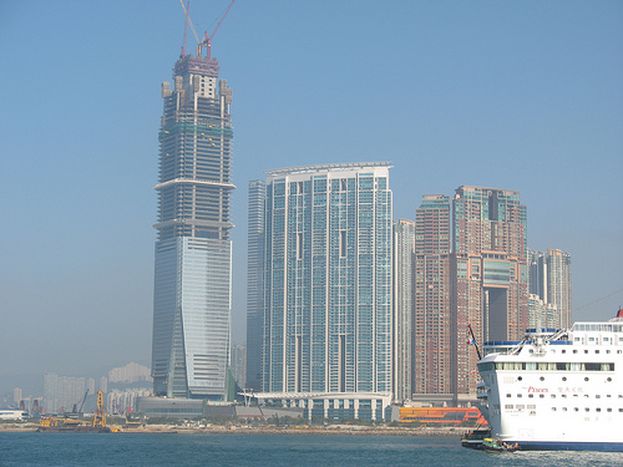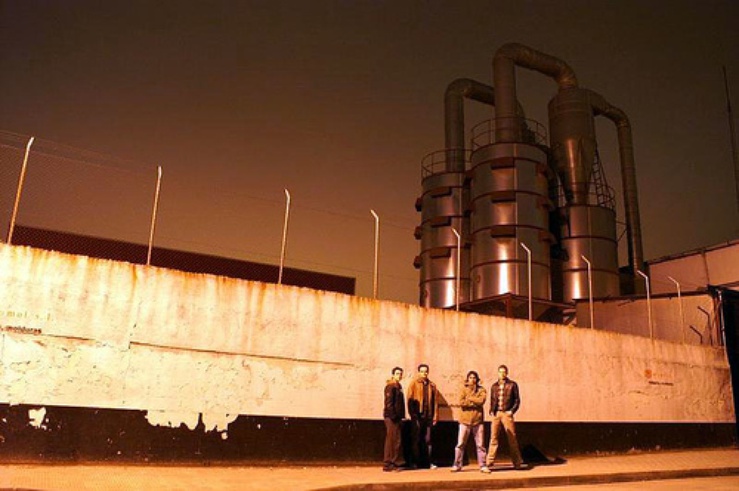
EU: increasing deficits
Published on
Translation by:
 Lucy Davies
Lucy Davies
March alone returned a trade deficit of 33 billion euros, an 18% increase on the same month in 2007 – a first! But it is not all bad news for Europe; its service sector and investments are experiencing success
Spend or save? Why choose?
The main reason for this commercial deficit is China. Europeans love China, or rather, they love what it sells. As its leading import country, the EU bought no less than 231 billion products from them in 2007, 19% more than in 2006. However, in return, the European Union has not sold them enough to balance the books and the figures appear to be in the red.
Despite this, Europe is resisting a financial crisis well. It is doing a lot of trade with Russia (+23%) and more and more with Brazil (+21%) and India (+20%), enough to bring money in. Yet, as far as the United States is concerned, even though they are the EU's main trading partner, things are not looking so rosy... (-3% in 2007 in comparison with 2006)

Harmful energy factor
The EU’s other problem is that it does not have any petrol and it has to import: 230 billion euros worth in just 2007! Thankfully, the high price of petrol has in part been masked by that of the euro. However, the magic equation will not apply for ever and the day when Europe has to pay the going price per barrel will be a bad one.
Not for everyone, however; there are strong disparities within Europe which appear unjust: Germany has gained 195 billion euros whilst Spain and the United Kingdom have lost 229! German industries, which are generally upscale, are suffering a little from the strong euro and remain the leading global exporters, whereas all others, expect for the Netherlands, are showing a deficit.
Services saving the stakes
Beware of simplifying the situation because the trade gap only takes into account merchandise and not the service sector or investments: finance has made 160 billion for the United Kingdom and tourism almost as much for France. Taking a look at the current balance things are reversed: Germany does not produce enough services whilst the United Kingdom has too many! For a service based economy a commercial deficit is not too serious as long as additional money is coming in.
Lately, during this financial ‘turbulence’, investments have been crossing the Atlantic, attracted by the European Central Bank’s (ECB) high rates and healthier economy. The money is flowing into the EU, not only for acquisitions but for investments, and no one is complaining. Unfortunately though there is not enough. We are far from the abysmal debts of the United States, but nevertheless we are in the red.
Industrial decline? New economy? A deceptive interim
International competition is, however, getting ever tougher and the European Union keeps losing areas of the market. Costs too high? A lack of productivity? Too few new technologies? There are many reasons, and each of these reasons is a little to blame. The Lisbon treaty would like to remedy this problem, but has not really got moving yet.
Consequently the EU is holding on rather than forging ahead. However, it is not exactly an industrial economy anymore and its trade gap is therefore even more important, yet it is also not a service based economy, particularly in the field of new technology where the United States leads the way, and their current deficit is worrying. Yet things happen very quickly in the world of finance and one day’s deficit could be an excess the next. So the important thing is to be vigilant.
Translated from UE : le déficit se creuse


